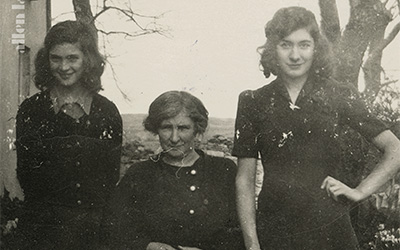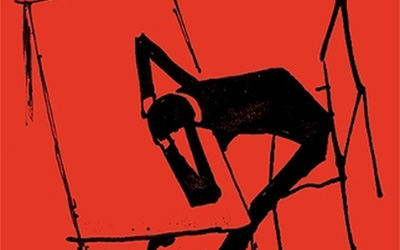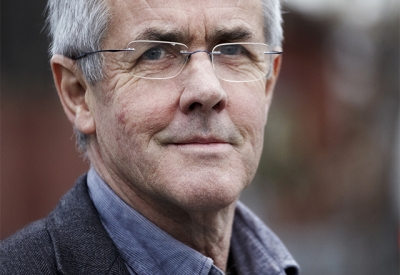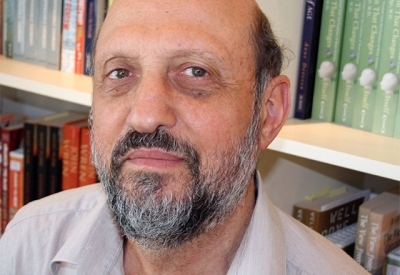Politics
Bad Cop: Peter Dutton’s strongman politics (Quarterly Essay 93) by Lech Blaine
Bill Hayden might today be recalled as the unluckiest man in politics: Bob Hawke replaced him as Labor leader on the same day that Malcolm Fraser called an election that Hayden, after years of rebuilding the Labor Party after the Whitlam years, was well positioned to win. But to dismiss him thus would be to overlook his very real and laudable efforts to make a difference in politics – as an early advocate for the decriminalisation of homosexuality, and as the social services minister who introduced pensions for single mothers and Australia’s first universal health insurance system, Medibank. Dismissing Hayden would also cause us to miss the counterpoint he provides to Peter Dutton, current leader of the Liberal Party.




























